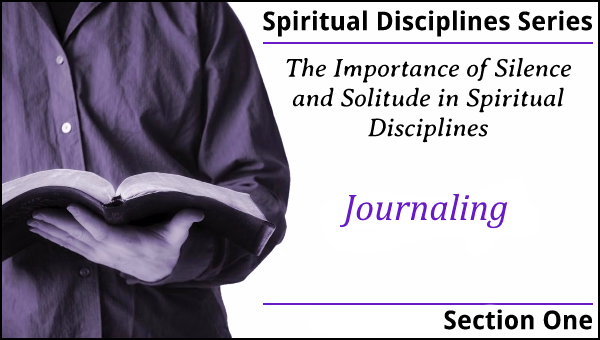By Tyson Thorne

Pergamum, Turkey, 2BC -- Eumenes II invents a new process for manufacturing papyrus, a method that permits both sides of the leather surface to be used instead of only the one. While papyrus was expensive, this made it more accessible to more people as one needed to purchase only half as much. This was an important step in the writing and reproduction process, one that would aid in the distribution of the Gospels and other writings of the New Testament. Even with this advancement, papyrus was still difficult to carry and writing with stylus and ink time consuming.
Today the writing process is completely different. We still have pen and ink, and paper has become lighter, thinner and easier to carry. Further advancements, however, eliminate the need for paper, pen and ink altogether as tablets and portable computers can store our thoughts and duplicate and transmit them all around the globe. Never before has publishing one’s thoughts been so inexpensive and able to reach so large an audience as today. What would Paul, Matthew, Mark, Luke and John do with these resources? One can only wonder but I suspect they might have taken up another spiritual discipline, one that was impractical in their time: Journaling.
Journaling is the fourth and final spiritual discipline exercised in a time of silence and solitude. Let’s make one thing clear from the start, a journal is not a diary. A journal documents one’s thoughts and records one’s spiritual journey over time. It contains prayers, notes on Bible passages that are meaningful to the author, observations about personal victories and failures, thoughts about God and even our emotional responses to good times and bad. It does not contain gossip, salacious thoughts, or wishful thinking. It is less a “Dear Diary” and more of a “Dear God” entry.
During a time of retreat, writing what we learn, think and pray can be of great benefit. It is sometimes useful in connecting ideas during the time of solitude, but its primary value comes later as we review what we wrote and can properly see how God worked out the situation. In fact, that is a great time to write again, about the resolution and how prayers were answered. If we use a journal only during such times, they can be an encouragement to us in later times of hardship and can teach us much about how God works in our lives. A much greater gain can be had, however, if we journal regularly and not just in times of distress. In any endeavor, more data reveals more truth.
The same is true of the other three disciplines mentioned so far. We wouldn’t think that prayer is something we only enter into when times are tough, it is to be a regular, daily practice. Likewise, reading the Bible isn’t something that only happens on Sunday mornings in church, it too is to be a daily discipline – a time of listening to God and learning about his goodness. For many Christians worship is something that only occurs during a church service; this is unfortunate as our love for God is greatly expanded as we practice worship in solitude during the week.
I journal with small, spiral binders and a pen only because I don’t need to be concerned about battery life, boot times and connection issues with the more primitive tools. For others, a tablet may be more fitting. I can recommend OneNote as a great application for journaling and note-taking of any kind. In college I journaled daily, sometimes several times a day, and those journals are still some of the most thoughtful of all the notebooks I’ve filled over my life. These days my journaling is less frequent, but still of great value. When I finish one notebook, I set aside time to read through it and note in the new journal lessons I learned from the previous. I then consecrate the new journal with a written prayer. Entries are date and time stamped and can contain writing, drawings, photographs and even clippings from meaningful articles and books. With a tablet the journal does not need to be textual (though this is easiest to search) but may be audio recordings. Whatever works for you, the media doesn’t matter as much as the discipline.
Some of the greatest thinkers of history have practiced journaling. George Washington, whom we looked to last week, journaled. More recent icons include Madeline L’Engle, Gordon Macdonald and Chuck Swindoll to name a few. If you know of others who journal, stop by the Think-Biblically.com facebook page and let us know.
|
|
